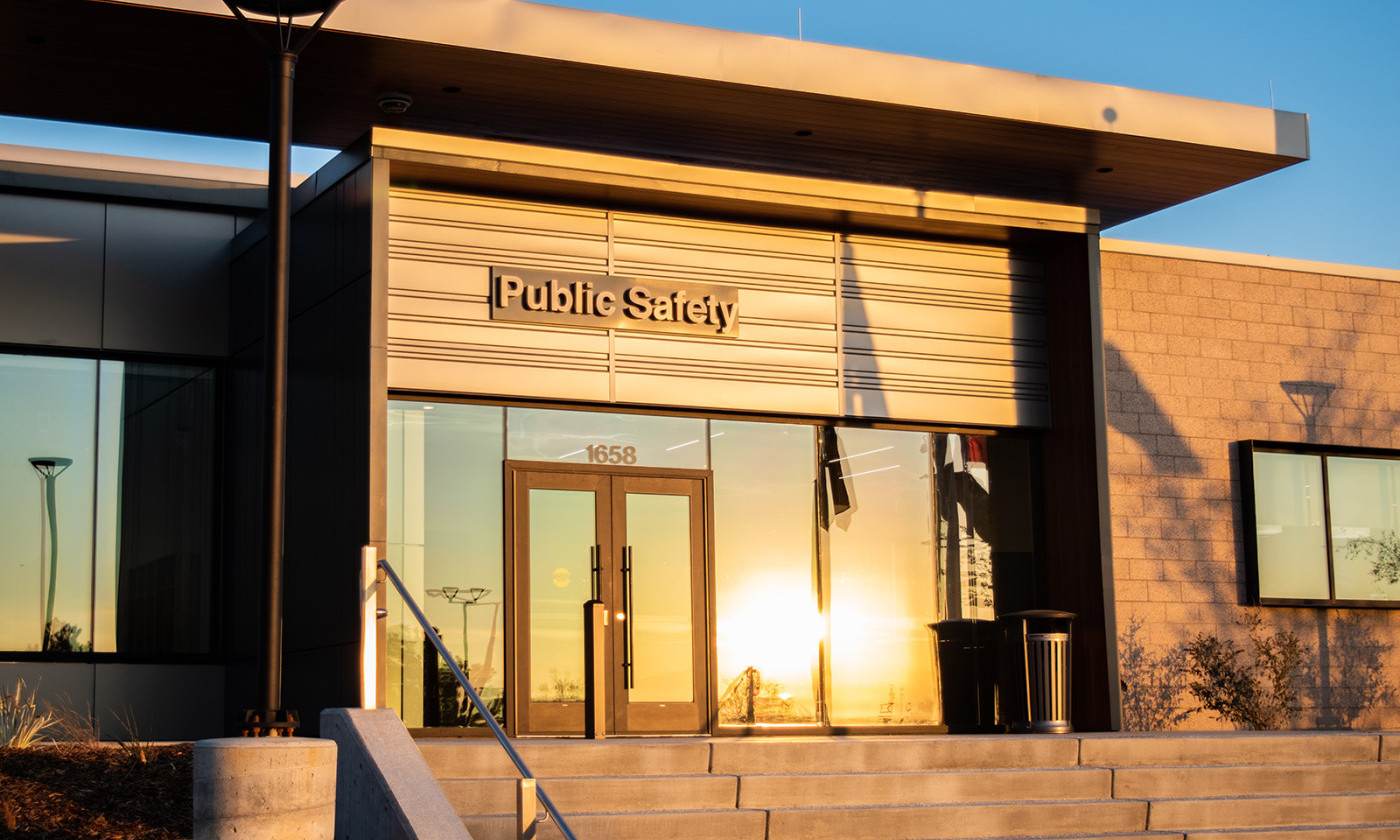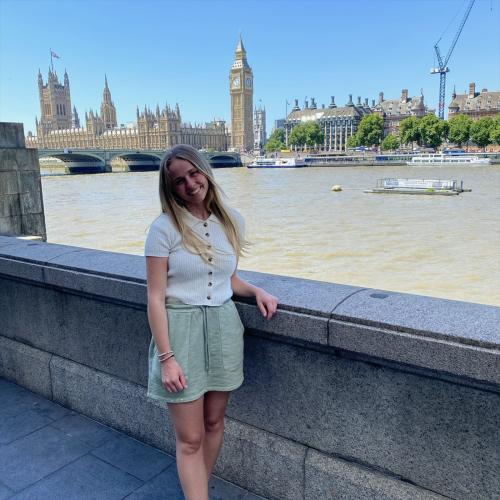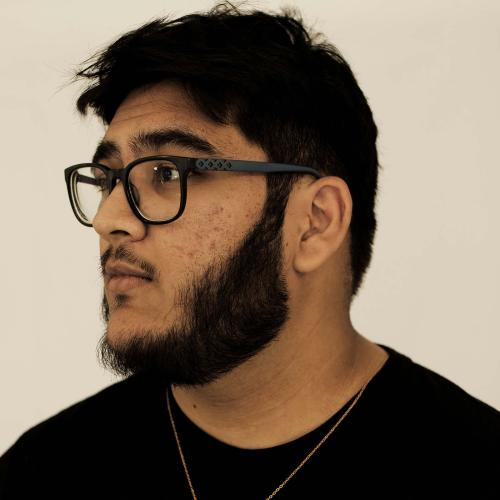This story is jointly published as part of the Utah College Media Collaborative, a historic cross-campus project bringing together emerging journalists from Salt Lake Community College, the University of Utah, Utah State University and Weber State University. The collaborative is an Amplify Utah project with support from PBS Utah.
The murder of George Floyd by a police officer in May 2020 sparked months of Black Lives Matter protests across the U.S. and cast a national spotlight on the interactions between people of color and armed police.
Over the past four years at the University of Utah, leaders at the Black Cultural Center have worked with campus police to rebuild relationships across campus, where student welfare and safety is a top priority.
A big part of rebuilding has included the question of guns on campus, their impact on students and faculty of color and what role armed police play in psychological and physical safety, said center director Meligha Garfield.
What is the impact of armed police on campus?
Garfield served as the Black Cultural Center’s director for five years and acted as a key communicator between people of color on campus and university police. Garfield stepped down from the role in March to accept a position at the Georgia Institute of Technology.
The psychological impact of armed police on both staff and students of color, he said, has both pros and cons.
“The positives of having armed police come with the fact that we have a huge campus, and we need some personnel to handle the large community,” he said. “But I would also say that if we have a stronger force, they need to be more in tune with the community.”
Scott Carver, the U’s deputy chief safety officer, agreed police need to consistently reflect and improve.
“Every person has a different experience depending on their previous life [experience],” he said. “Admittedly, persons of color may have had more interaction with police, and thus may be very cautious about approaching them.”
To counter negative past experiences, Carver said officers are trained to watch for cues and signs and to be very helpful, clear and friendly. Signs include eye contact, willingness to engage and whether a student is open or closed off. Helping individuals feel at ease is a huge priority in the department, he said.
How are armed police on campus different from regular police?

Brian Lohrke, the U’s operations captain, said campus police often have a deeper connection to the community they protect than regular police departments.
“A lot of our team has a personal connection here to the campus,” Lohrke said. “I was a student here. I lived on campus. This is our campus aside from the jurisdictional responsibility, and I carry the responsibility to create a safe environment for students heavily on my shoulders.”
Garfield, who arrived on the U’s campus the spring of 2019, said he’s seen the department change dramatically over the last several years.
“I definitely have pretty good experiences now,” he said. “But when I first got here, we had an entirely different force of police folks. I was stopped and asked where I was headed and if I could provide an ID, even though this is an open campus and a public institution. I was in a suit, and I had to tell them that I’m actually administration.”
Lohrke acknowledged incidents like this, as well as hate crimes reported to the Racist & Bias Incident Response Team, which also launched in 2019. The process of overcoming distrust between the police and people of color, is ongoing but optimistic, he said.
How can the relationship between police and people of color improve?

In the days and weeks after George Floyd’s death, some police reform advocates questioned whether law enforcement officers should be armed with guns.
Jason Hinojosa, the U’s police administrative captain, said despite fear of firearms being used inappropriately, it is still essential for police to be armed.
“We are not immune to what happens anywhere,” he said. “The fine line is recognizing the differences here so that we can effectively police the community in a way that’s acceptable while at the same time keeping it safe from outside forces.”
Garfield, however, said guns may not be necessary to create a sense of safety on campus.
“Providing a sense of security and safety among our students, faculty and staff doesn’t require weapons,” he said. “Instead, I would suggest [officers go] back to that community relations. You can be in plain clothes, you can be concealed, you can definitely show up and just look like any other staff person here on campus.”
Improving the relationship between police and people of color on the U’s campus is a task only possible through time and in-person connections, Garfield said. Police simply showing up at events in uniform isn’t enough; instead, he would like to see officers develop individual relationships with diverse students at a personal level.
“I recommend assignments for different officers here on campus,” Garfield said. “I would love to see the officer interact, not on a daily basis but on an ongoing basis. They can pop in to check up, grab lunch and see how an individual is doing.” – With contributions by Madeline Van Wagenen and Prabhjot Bhatia
Jamie Faux, Madeline Van Wagenen and Prabhjot Bhatia reported and produced this story as journalism students at the University of Utah.








